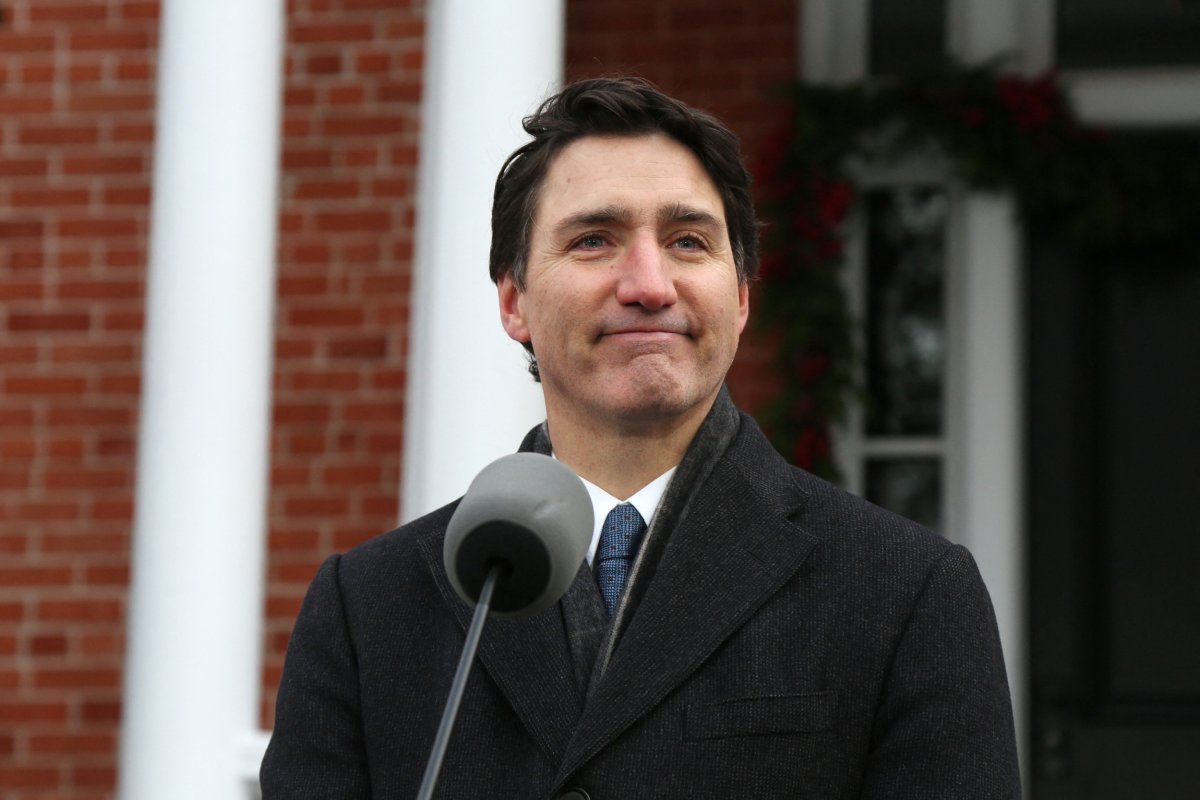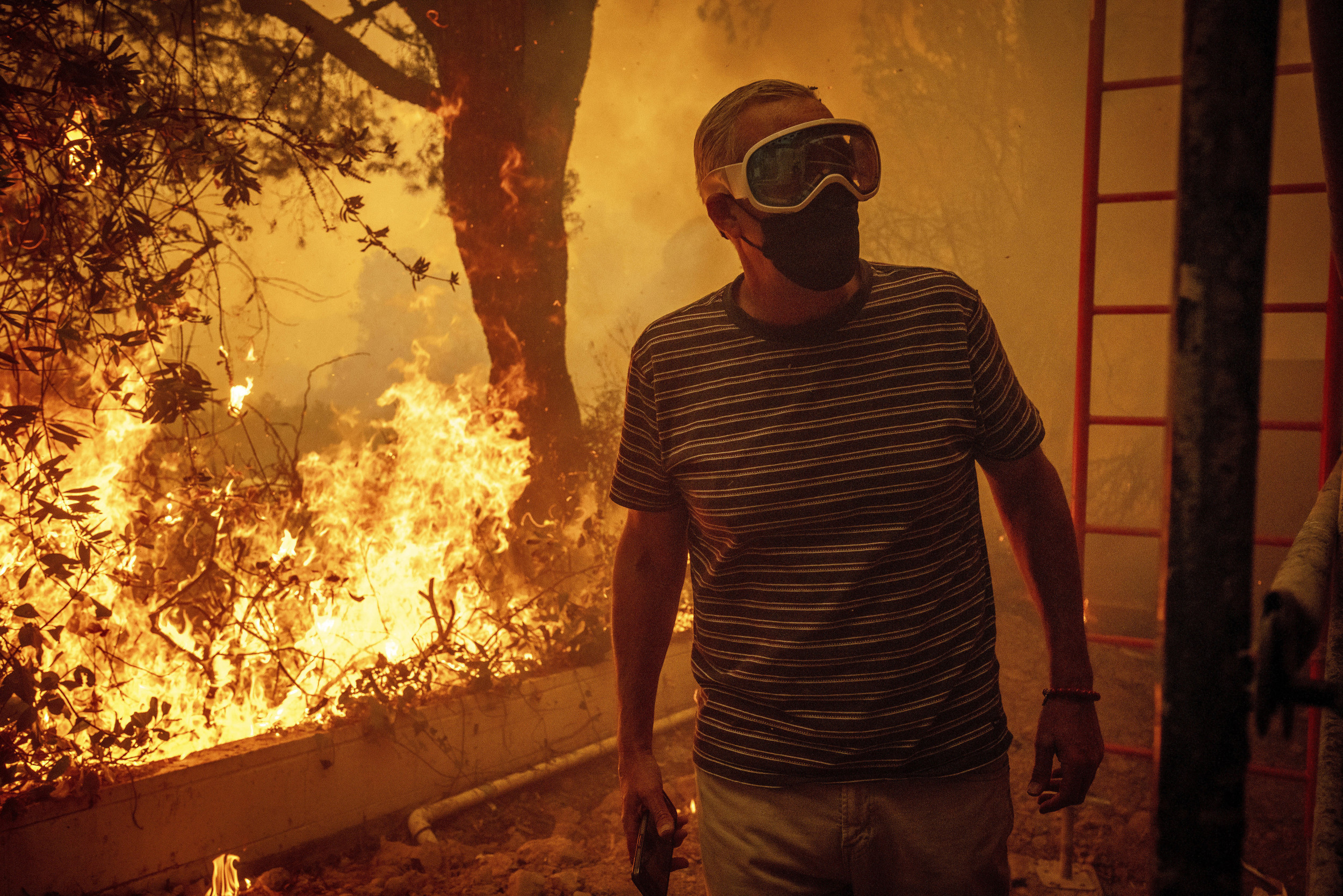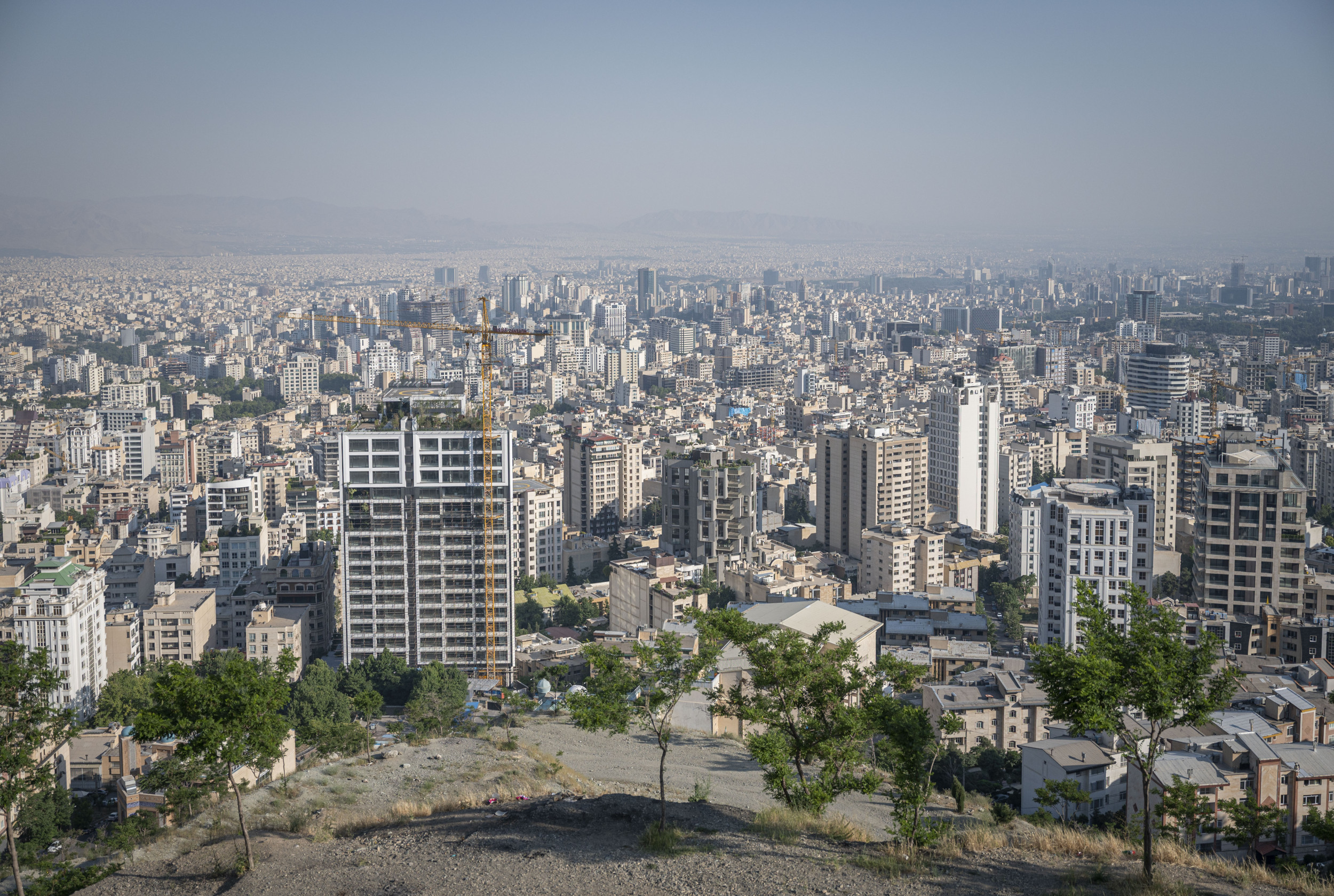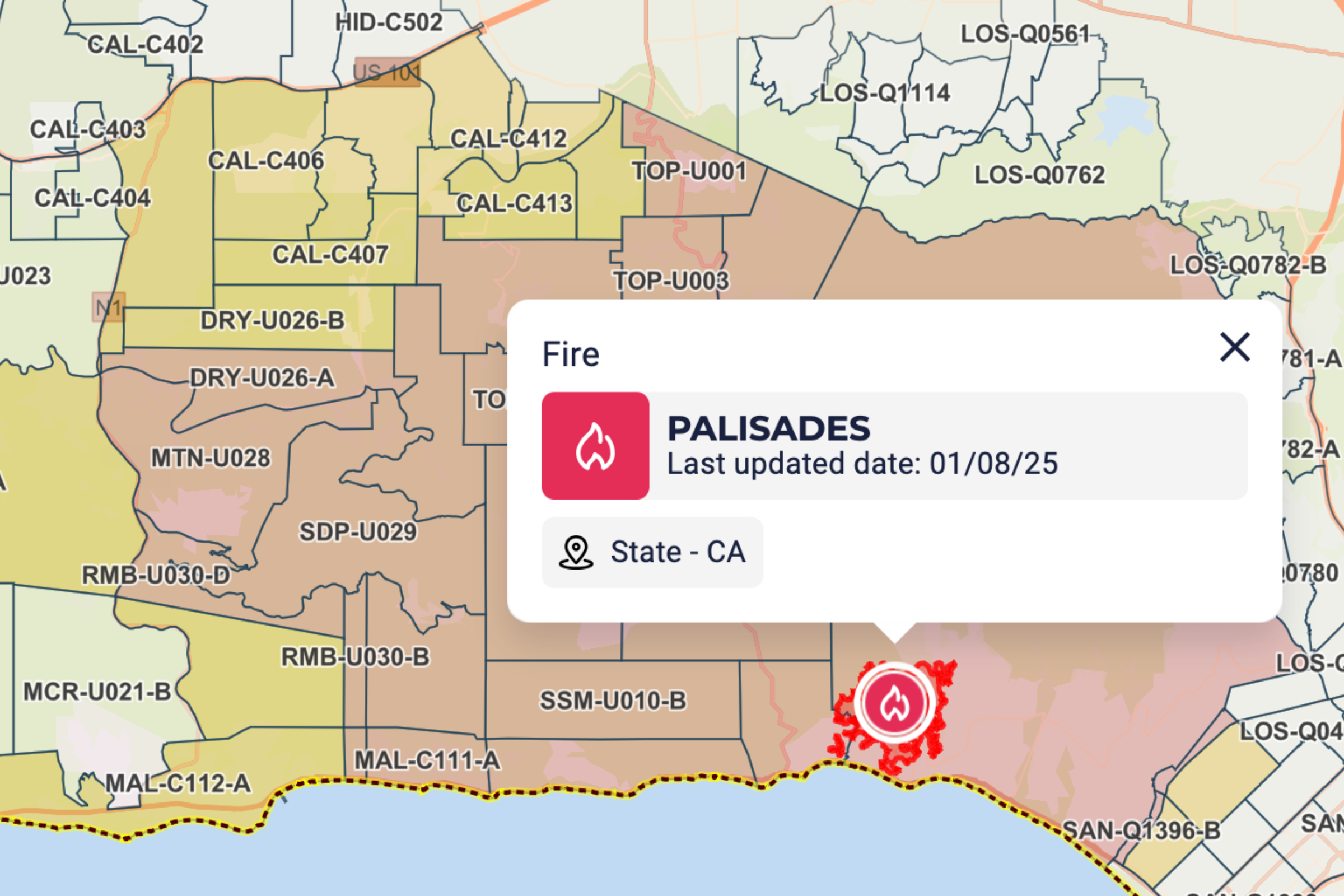Canadian Prime Minister Justin Trudeau's resignation has sent ripples through the political landscape, raising questions about the future of immigration policy, particularly at the Canada-U.S. border.
Why It Matters
Trudeau's departure comes amid shifting public sentiment on immigration, economic challenges and growing pressure from the incoming Trump administration.
President-elect Donald Trump has threatened to slap a 25 percent tariff on all goods from Canada, as well as Mexico, if the country does not clamp down on immigration and the trade of illicit narcotics.

What To Know
Experts have told Newsweek that Trudeau's resignation means "very little" for immigration policy and will not drastically alter the trajectory of Canadian politics and border policy.
However, the move could lead to change following an election if the Conservatives return to power.
Valerie Lacarte, a senior policy analyst for the U.S. Immigration Policy Program at Migration Policy Institute, suggests that Trudeau's resignation partly reflects a shift in public perception of immigration's benefits.
Dr. Graeme Young, a lecturer in social and public policy at the University of Glasgow, Scotland, predicts the move could signal a conservative resurgence in Canadian politics.
In December, Canada's government unveiled a $1.3 billion plan to enhance border safety and immigration systems amid looming threats from Trump that he would impose a 25 percent tariff on Canadian goods.
U.S. Customs and Border Protection (CBP) data reveals that agents recorded over 198,000 migrant encounters at the northern border during the 2024 fiscal year, a figure more than seven times higher than the encounters reported in 2021.
Why Did Justin Trudeau Resign?
Trudeau pointed to "internal battles" in his resignation speech.
"This country deserves a real choice in the next election, and it has become clear to me that if I'm having to fight internal battles, I cannot be the best option in that election," he said.
A growing number of Liberal Parliament members have called on Trudeau to resign as party leader as his popularity plummets.
Polls have suggested he likely would have been in a difficult position to win reelection if he stayed in power.
Canada's Conservative Party is currently leading in the polls, finishing the year with a huge 21-point lead, enough to deliver them a majority government of over 200 seats, according to CBC News.
No matter who is in charge, experts predict the next government will be tougher on immigration in a bid to appease Trump's demands.
What People Are Saying
Lacarte told Newsweek: "PM Trudeau's resignation is in part due to the shift of Canadians' views on the benefits of immigration. Recent polls have shown that a significant share of Canadians have become skeptical of the contribution of immigrants. In response, the Trudeau administration cut down its initial admission goals for both permanent immigration and temporary immigrant workers. This late move likely wasn't enough to shift perceptions.
"It may be that the dissatisfaction of Canadians is less about immigrants themselves, but rather the deeper integration issues that also impact the native population—like the connection to housing, health and education systems. The pressure in specific areas, particularly in the greater Toronto and Montreal areas, has likely exacerbated the problem of asylum seekers, thus overshadowing the benefits of the contribution of the overall immigrant population.
"From the U.S. perspective, a Trump win and threats of tariffs have already prompted dialogue around the northern border's security. Canadians and Americans have seen the shutdown of the U.S. border during the pandemic. The private sector, as well as communities living along the border, has experienced the negative effects (on the economy and social ties) of a lack of cooperation between the two sides. Any incoming Canadian government—whether Conservative or Liberal—would likely aim to cooperate with the Trump administration, which would likely bring about more restrictions for immigrants heading to North America."
Young told Newsweek: "Trudeau's resignation probably means very little for immigration across the Canada-United States border. His decision changes few fundamental facts about the trajectory of Canadian politics and border policy. It seems likely that we are about to witness yet another lurch to the right, regardless of what the Liberal Party does in the coming months.
"In the longer term, it is possible to see the potential for change. The best response to high levels of legal migration would probably be improved economic fortunes in Canada, which could limit the number of Canadians seeking greater opportunities and higher wages in the United States, but the sad reality is that none of the country's political parties is offering a convincing diagnosis of what is wrong with the country's economy or a plan to turn things around.
"Addressing the dramatic growth of illegal border crossings will be more difficult. The Canadian government, regardless of the party that leads it, could strengthen its enforcement measures if it wishes to appease its skeptical and, with Trump returning, increasingly volatile southern neighbor.
"There is ultimately little any government can do about the fact that it is exceptionally difficult for a sparsely populated country to police the longest international border in the world.
"The long-established consensus about the benefits of immigration in Canada seems to be broken, with many now feeling that the country, grappling with acute housing shortages and a high cost of living, takes in too many newcomers.
"Until recently, Canada had been almost uniquely able to avoid the toxic politics of xenophobia that has swept much of the rich world in the era of populist politics."
What Happens Next
Trump is expected to impose tariffs to strong-arm Canada over matters concerning immigration policy.
Canadians are set to vote in a federal election by October, potentially ushering in a new government.




















 English (US) ·
English (US) ·